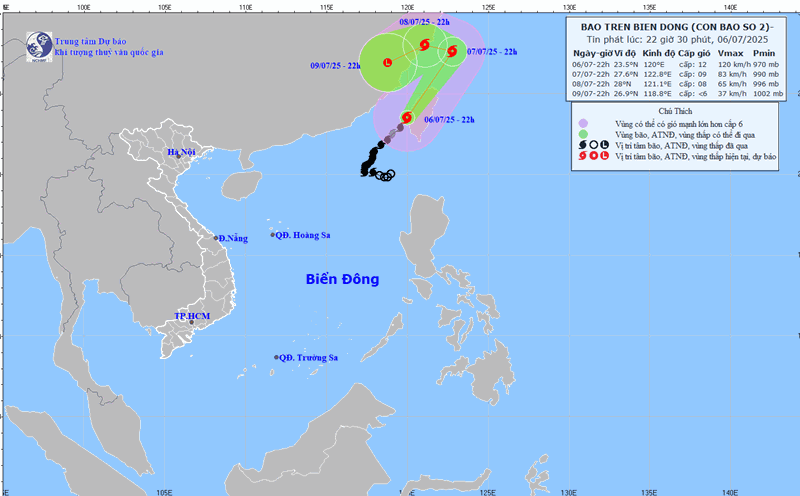Mr. Do Ngoc Quynh - General Secretary of the Vietnam Bond Market Association (VBMA) - informed that recently, there has been a phenomenon of many enterprises qualified to issue to the public but choose to issue separately. Because, issuing to the public must have the approval of the general meeting of shareholders, and the dossier must be submitted to the Securities Commission. After the Committee approves, they continue to submit the listing documents and trade as stocks listed on the market.
However, the problem is that the documents submitted to the Securities Commission are often processed for a long time, causing businesses to not be able to proactively calculate the issuance time and business operations, leading to not knowing when they will have money. While releasing individual, they are proactive, just need to report each responsibility.
From that phenomenon, the issuance of individual bonds skyrocketed, while the issuance to the public was slow. Specifically, in 2021, it will only account for about 5% of total corporate bonds in the whole market. The remaining 95% has many large, very reputable and quality enterprises but do not choose to issue to the public.
"In fact, issuing to the public is much more beneficial than issuing separately because capital is mobilized by all investors. Banks that issue bonds to the public on the market have interest rates only equal to 1/2 compared to other enterprises. In addition, transparency and transaction infrastructure are much more convenient. The cost of capital mobilization has therefore decreased significantly and increased the reputation of the enterprise. So no one would mind not issuing it to the public if there were no problems," said a VBMA representative.
This issue is even more urgent as we are currently tightening the issuance of individual bonds without quickly opening procedures to process documents for public issuance.
"As a result, the market will have a period of even being paralyzed for half a year to a year," according to Mr. Le Xuan Nghia - Member of the National Financial and Monetary Policy Advisory Council.
Specifically, Mr. Nghia is known that processing a set of documents issued to the public takes at most half a year and at most 1 year. With some large, prestigious individual issuers at the international level that he has worked with, they admit that they are not "class" enough to issue to the public in Vietnam. In the end, they still chose to issue it internationally with very high interest rates. If the application is now submitted to the public in Vietnam, all business opportunities will be lost.
To solve the "blood problem" in approving public bond issuance dossiers, Mr. Nguyen Quang Thuan - General Director of Fiin Ratings - suggested that Vietnam can learn from some models in the region. For example, in Malaysia, if a business is rating AAA credit rating, it will be issued to the public and the application will be approved later.
"Of course, the responsibility of the credit rating agency is very important. We also have to take responsibility. AAA means that the dossier must be adjusted, the business is "enjoyable", low risk. At that time, the bond issuer can be exempted from many procedures in completing and reviewing documents. After that, of course, the state agency will still conduct post-inspections," said Mr. Nguyen Quang Thuan.






